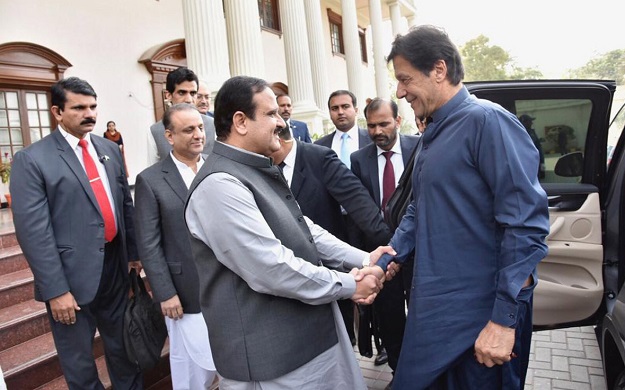After vilifying it over the past couple of years and turning the term ‘patwari’ into a slur for leaders and supporters of its rival Pakistan Muslim League-Nawaz (PML-N), the Pakistan Tehreek-e-Insaf (PTI) government, in what is being called another “U-turn”, has decided to reintroduce patwari system in land revenue departments.
A patwari is one of the most resourceful persons in any area or town despite having the lowest grade in official ranking. The reason for his immense power lies in the fact that he is responsible for land records and related issues. He is also responsible for many social, political and administrative tasks, including the record-keeping of weather and crop harvest, reporting village crimes and updating voters’ registers.
While the PTI had risen to power after promises of getting done with patwari system, which it had back then accused of facilitating PML-N in making Punjab its stronghold, according to Dawn, a senior Punjab Land Revenue Authority (PLRA) has said that the Punjab Board of Revenue has asked divisional commissioners to allocate two revenue circles — known as kanungoi — in each district that will be controlled by a tehsildar and patwaris and serve as a model.
In Rawalpindi, Mandra and Chakri were chosen in response to a letter from the Punjab Board of Revenue to the divisional commissioner at the end of January, and the PTI-led Punjab government’s reforms will be introduced there on an experimental basis in these two circles.
The official said that the manual land records system had burdened the entire legal system because it could be altered by patwaris and field revenue officials, which was brought to an end by the computerised system. He said the Punjab bureaucracy is trying to persuade the government that the manual system was better than the computerised alternative.
The report also quoted Punjab Law Minister Raja Basharat as saying that reviving the patwari system had been proposed, but the government had not made a decision yet.
He said they were completing their homework on the proposal, which would create parallel systems of manual and computerised land records systems in the province. However, he added, it would not be possible to run two parallel systems for land revenue records, and praised the project to digitise land records.







